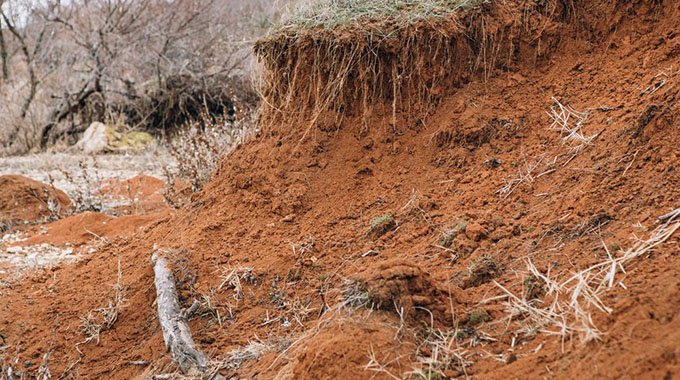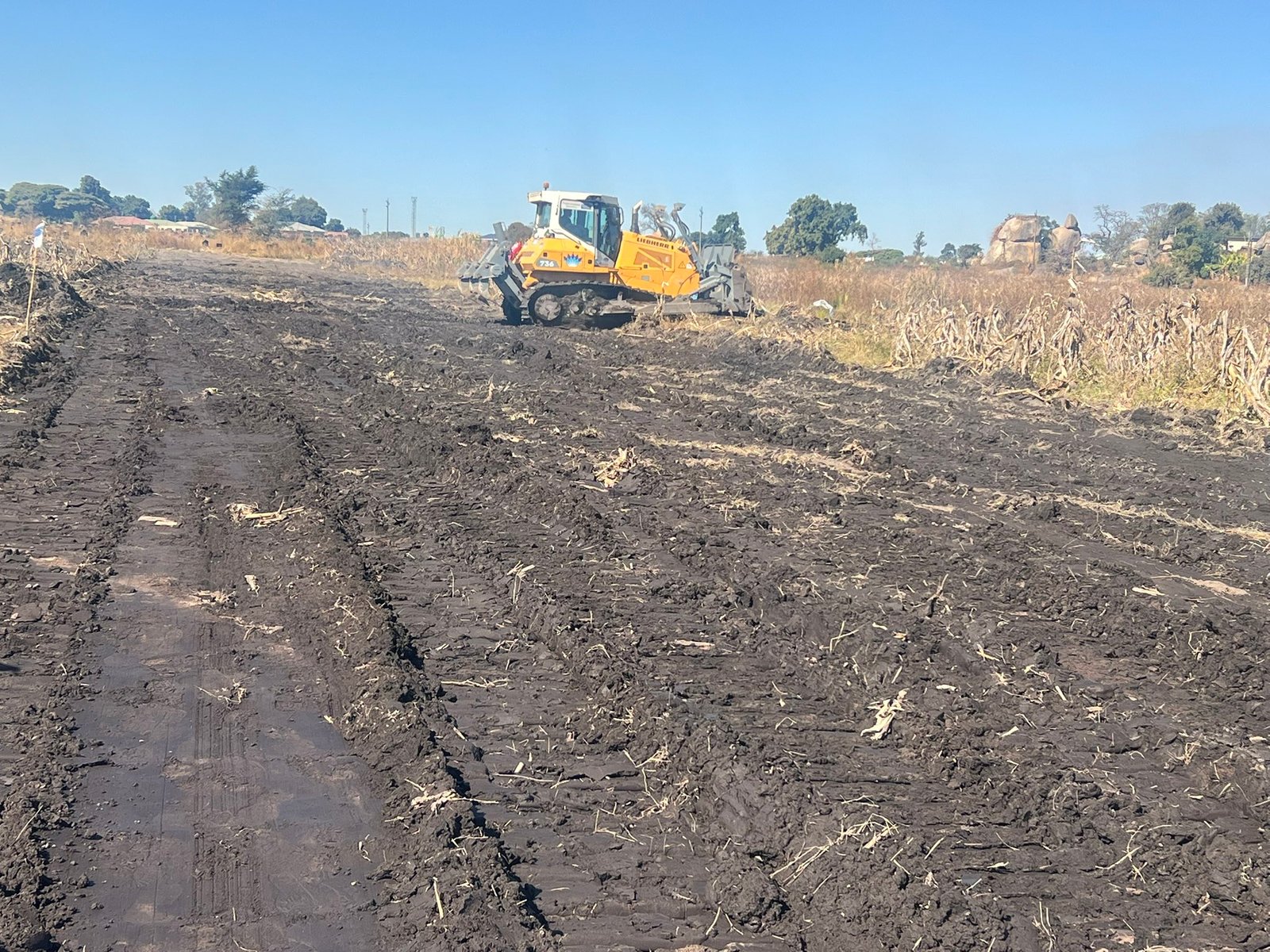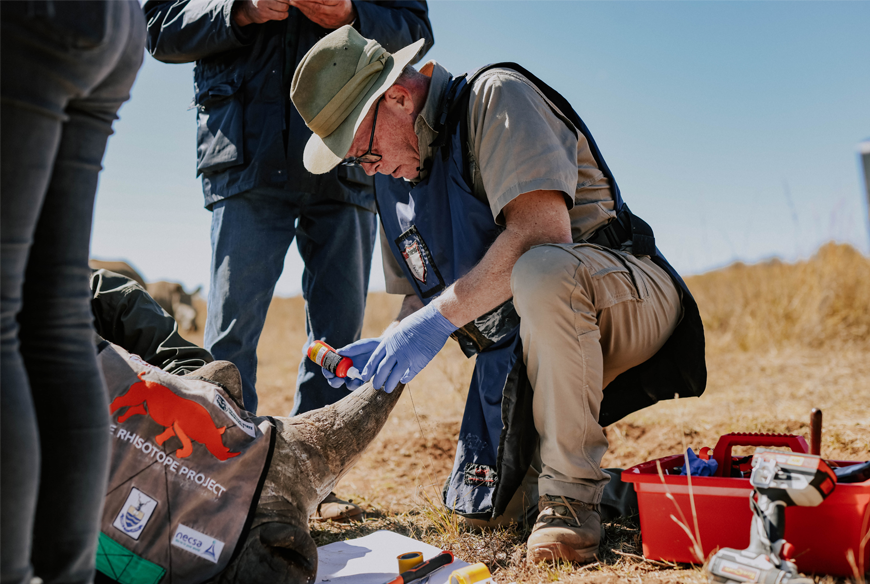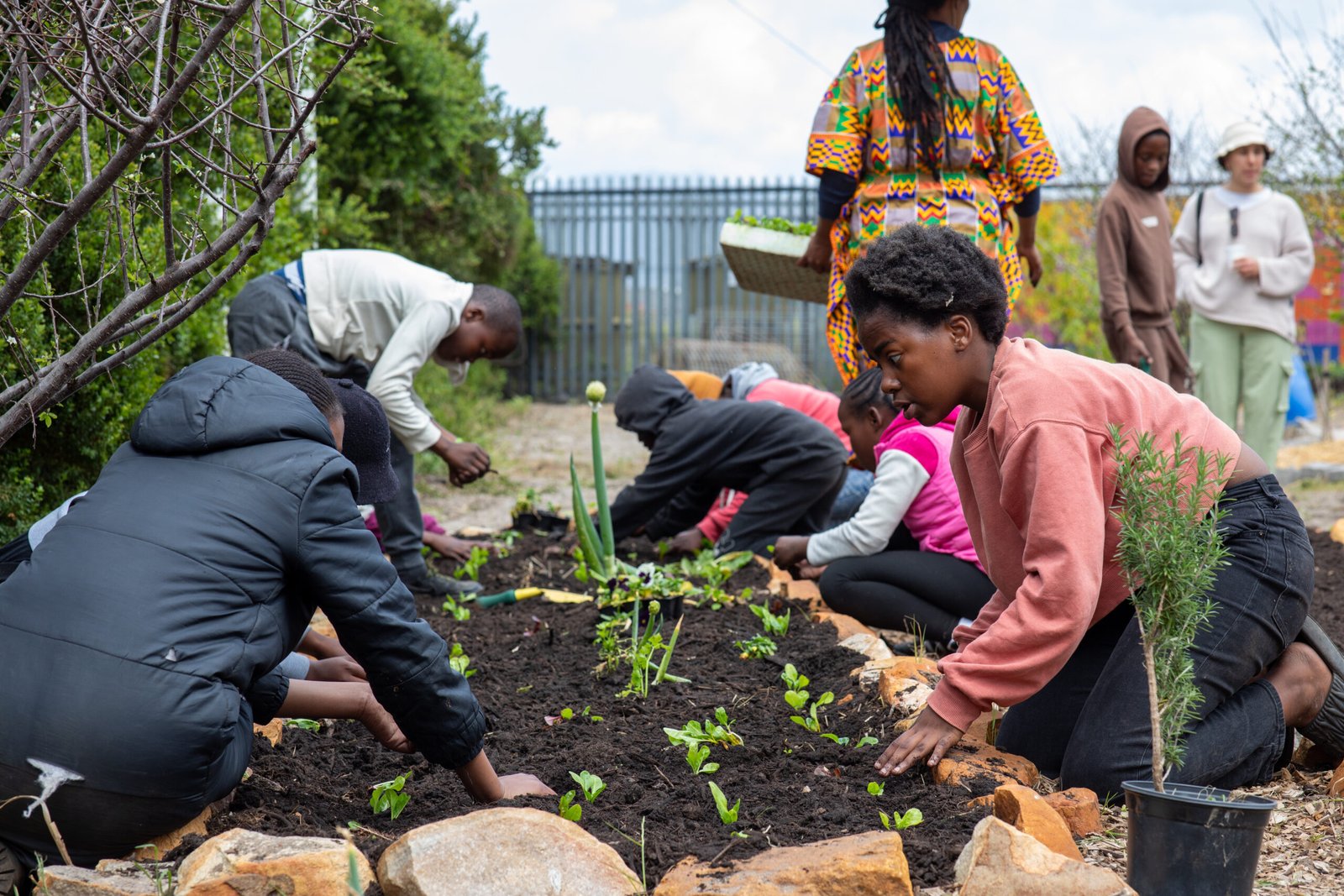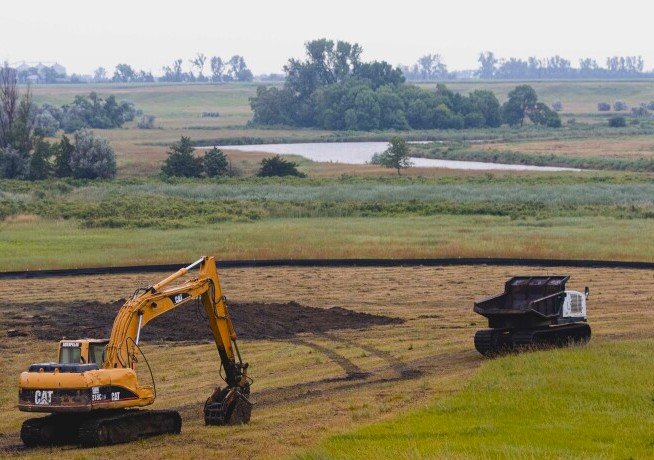Human damage to the planet’s land is accelerating, with up to 40% now classed as degraded, while half of the world’s people are suffering the impacts.
The then Minister of Environment, Climate and Wildlife, Dr. Sithembiso Nyoni, confirmed a severe and escalating threat of land degradation in Zimbabwe, primarily driven by over a million unregulated artisanal miners and the widespread environmental damage caused by extractive industries.
“Land degradation is one of the greatest ills that we are facing right now. We have got over a million informal miners, the artisanal miners who are mining anywhere, everywhere.
“Apart from that, we also have the extractive industry that nobody is paying attention to. This extractive industry is degrading the land in terms of wherever there is construction. People go and extract pit sand, river sand, and quarry materials, leaving holes all over.”
The ministry is very concerned about this because when you degrade the land, it means you are disturbing the environment, the trees, the flora, and the fauna,” she said.
“Fortunately, the government has put in place some policies, as well as the Environmental Act and Mines and Mining Act.”
Nyoni emphasized the urgent need for collective action and education to address environmental degradation.
“We hope that those together will try and put order to what is happening right now. I think we need to have a blitz. People need to be educated to know that environmental degradation is detrimental to life and also to future generations.”
Minister Nyoni said we are not separate from nature but wholly dependent on it. Our survival hinges on recognizing and honoring this profound interdependence through immediate action and education.
“Because when you cause environmental degradation, it means that you are not preserving the trees, the grasses, the biodiversity, and you are disturbing the ecosystem, which is very important to life.”
“Not only to our life as human beings, but people don’t realize that there is a lot of interdependency among animals, plants, and our lives. Without taking care of the ecosystem and this interdependency, our environment will not provide that which it is supposed to provide.”
“So, it is very important that we have the laws in place, but also that we educate our people: the planet Earth cannot take care of us if we are not taking care of it,” she added.
Zimbabwe has committed to achieving Land Degradation Neutrality (LDN) by 2030 and also restore 10% (up to 4 million hectares) of its land, aiming to improve land productivity and combat desertification.

